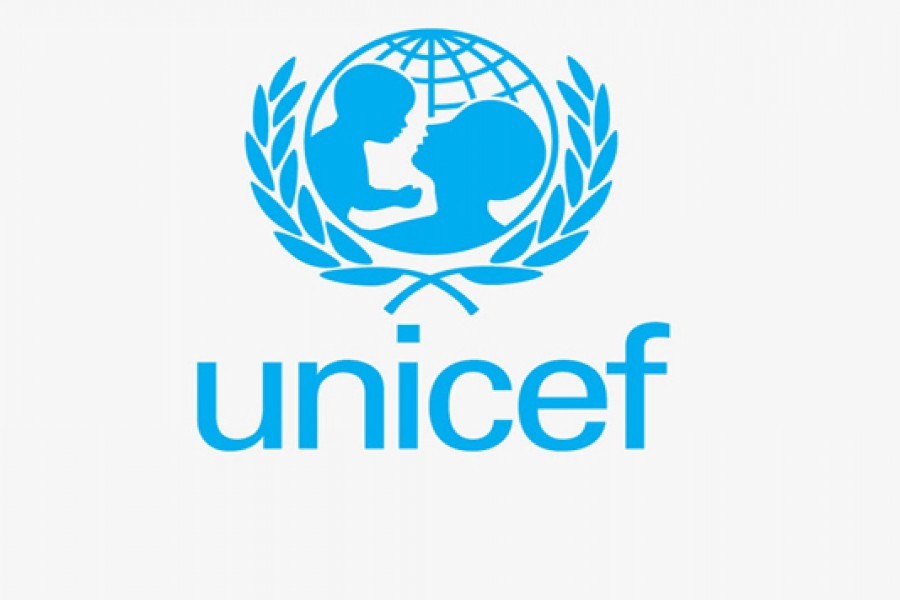Coronavirus: UNICEF calls for not sharing info from unverified sources

Published :
Updated :

UNICEF has called for refraining from sharing information from untrustworthy or unverified sources as social media virtual world continues to be overrun with misinformation over coronavirus.
The UN agency's deputy executive director for partnerships Charlotte Petri Gornitzka made the call in a statement on coronavirus misinformation.
The statement is as follows:
To members of the public, we ask that you seek accurate information about how to keep yourself and your family safe from verified sources, such as UNICEF or WHO, government health officials and trusted healthcare professionals; and that you refrain from sharing information from untrustworthy or unverified sources.
All around the world, people are taking necessary precautions to protect themselves and their families from coronavirus. Sound preparation, based on scientific evidence, is what is needed at this time.
However, while many people are sharing information about the virus and how to protect against it, only some of that information is useful or reliable. Misinformation during times of a health crisis can spread paranoia, fear, and stigmatization. It can also result in people being left unprotected or more vulnerable to the virus.
For example, a recent erroneous online message circulating in several languages around the world and purporting to be a UNICEF communication appears to indicate, among other things, that avoiding ice cream and other cold foods can help prevent the onset of the disease. This is, of course, wholly untrue.
To the creators of such falsehoods, we offer a simple message: STOP. Sharing inaccurate information and attempting to imbue it with authority by misappropriating the names of those in a position of trust is dangerous and wrong.
To members of the public, we ask that you seek accurate information about how to keep yourself and your family safe from verified sources, such as UNICEF or WHO, government health officials and trusted healthcare professionals; and that you refrain from sharing information from untrustworthy or unverified sources.
It can be difficult in today’s information-rich society to know exactly where to go for knowledge about how to keep yourself and your loved ones safe. But it is critical that we remain as diligent about the accuracy of the information we share as we are about every other precaution we take to keep ourselves and our loved ones safe.
UNICEF is actively taking steps to provide accurate information about the virus by working with the World Health Organization, government authorities and with online partners like Facebook, Instagram, LinkedIn and TikTok to make sure that accurate information and advice is available, as well as taking steps to inform the public when inaccurate information emerges.
Bangladesh government’s disease control agency IEDCR (Institute of Epidemiology, Disease Control and Research) has confirmed three coronavirus cases.
Experts say Bangladesh runs the high risk of coronavirus cases considering its diaspora around the world, including in China, South Korea, Iran and Italy.
After China, the epicentre of the virus, South Korea, Iran and Italy, where many Bangladeshis live or many citizens of those countries travel to Bangladesh, have reported most coronavirus cases so far.
Since the outbreak originated in China, Bangladesh government has put its health system on the high alert.
Citing the WHO (World Health Organization), Reuters reported around 102,000 coronavirus cases have so far been confirmed in 94 countries, with close to 3,500 deaths, most of them still in China.


 For all latest news, follow The Financial Express Google News channel.
For all latest news, follow The Financial Express Google News channel.